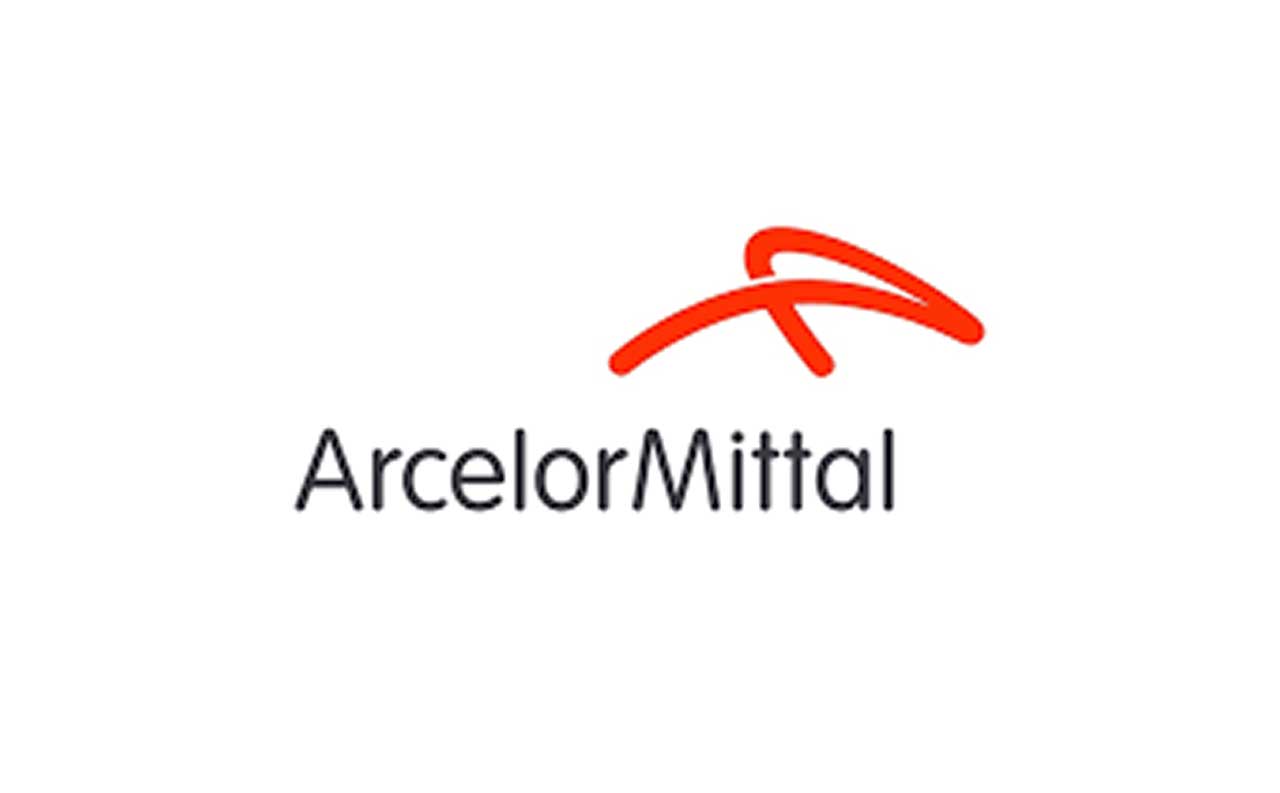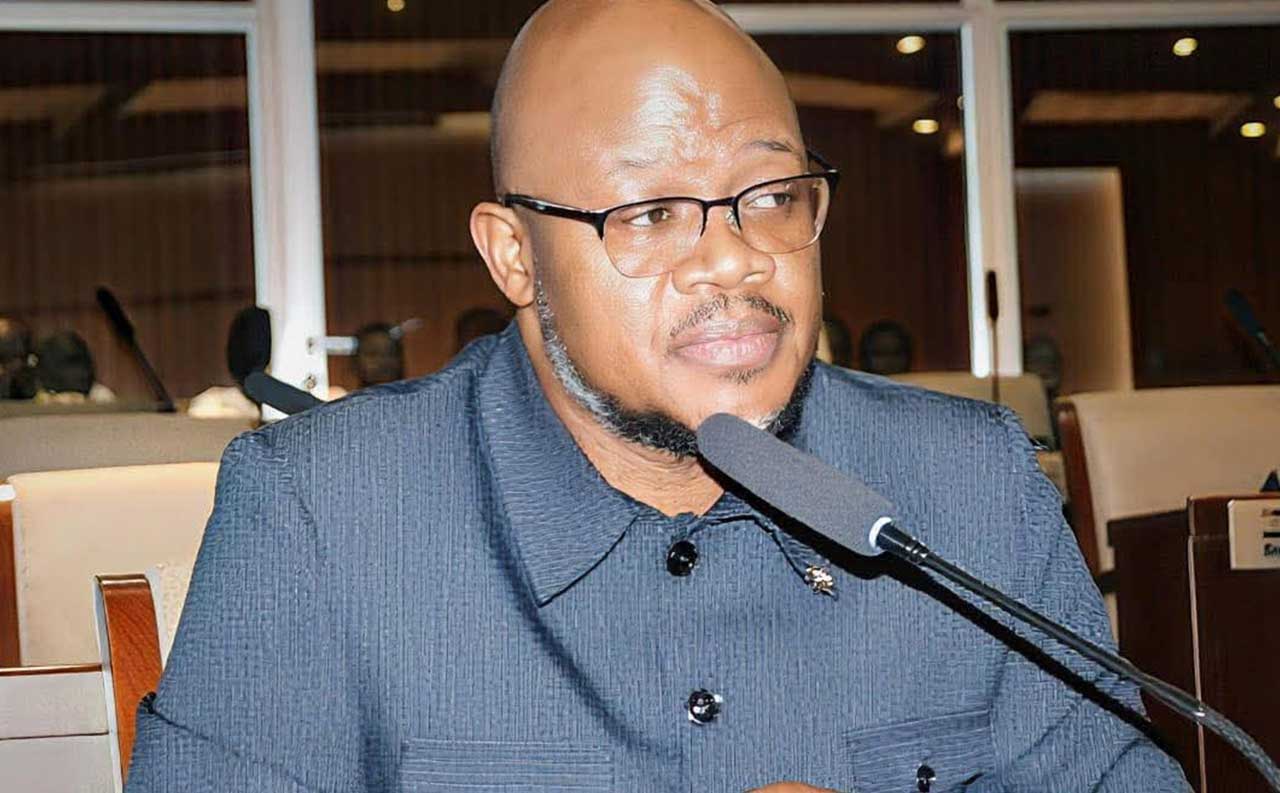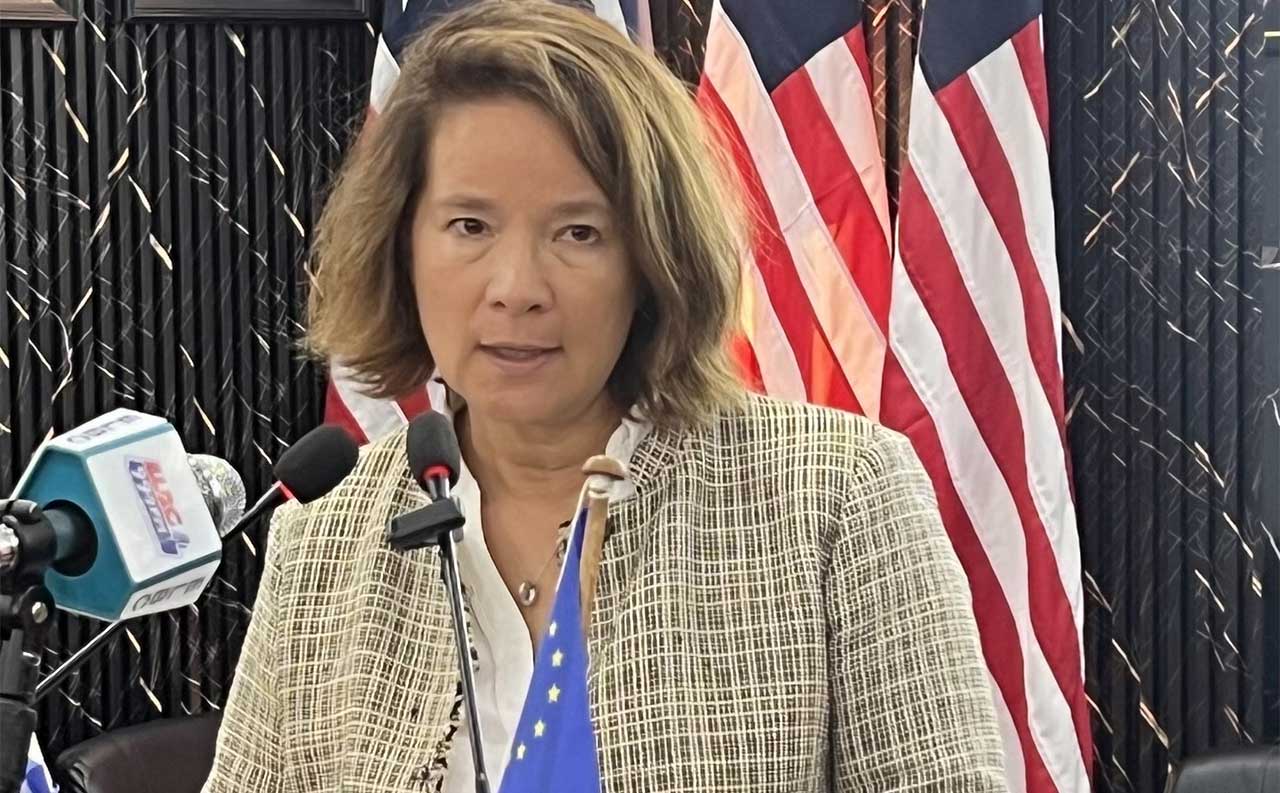ArcelorMittal Liberia (AML) is renegotiating the terms of its third amendment to its Mineral Development Agreement (MDA) and Rail System Operating Principles (RSOPs) with Liberia’s Inter-Ministerial Concession Committee (IMCC). According to an informed source, the terms it had originally proposed strengthen the state-within-a-state that international NGO, Global Witness predicted over 20 years ago and has come to fruition today.
The most alarming proposal is the “supremacy clause,” which states that the AML Agreement shall prevail in any conflict with Liberian law. If this clause is allowed to stand, Liberia would – in effect – surrender control of its most strategic national asset – the Yekepa–Buchanan rail and port corridor to a private foreign company. The amendment and RSOPs also redefine AML’s entire Concession Area as a “Single Production Area”, treated as land under a Mining License. This grants AML the power to decide who has access to the railway and the adjacent land.
If passed, according to sources, amendment will make Liberia a tenant to a foreign company within its own sovereign borders for another 25+ years, which means AML would be given this right for a mere US $500,000 annually, when the value of access to the land is exponentially greater. The corridor itself is also one of the most resource rich corners of Liberia. According to former Minister of Mines and Energy, Wilmot Paye, an estimated 17 billion tons of iron ore is waiting to be extracted along the rail corridor. This has a theoretical market value of US$2.38 trillion at current prices – all of which is at risk of being controlled by a single company, which does not fully disclose its operations.
Despite a recent promise by AML that the new MDA would generate US$100 million in government revenue, the details of how this number was reached and how they will be held accountable, remains unclear, this paper has been informed. AML appears determined to entrench its monopoly – stifling competition, discouraging investment, and depriving Liberians of the jobs and revenue that a truly multi-user system would generate. It is attempting to shoehorn a binding agreement through the Government that would grant it the powers to supersede the National Rail Authority’s chosen independent operator.
Why does AML want to keep exclusive access to the railway so badly?
ArcelorMittal’s Q3 FY25 report shows that the company has had record iron ore production and export from Liberia, which has contributed to the group’s growth and rising share price, which recently hit a 52-week high. Cyprus based AML’s parent company does not disclose its local turnover, the amount of taxes paid, or the amount of dividends transferred to the Liberian state for its stake in the company, which decreased from 30% to 15% with no explanation.
For this, they have only had to pay a fixed fee of $800,000 ‘in lieu of all import duties, taxes, and fees. For 20 years under the company’s Mineral Development Agreement (MDA), AML has been its own official auditor and reporter on production and exports, including 15 years of tax stabilization on imports and fuel.
Why would AML want anything to change?
In his departure speech, former minister Paye called for continued vigilance and strategic management of Liberia’s mineral wealth. “We cannot continue to be pushed around for peanuts while this country sits on abundant minerals with the potential to transform it into a first-world nation,” he said. “The Ministry of Mines and Energy is now fully reborn, with a dedicated, motivated team, modern infrastructure, digitalized processes, and restored public and investor confidence. The future of Liberia’s mineral and energy sectors is bright, but it must be safeguarded for the nation, not for the greed of a few,” Paye warned.
“We must never allow a single company to control or possess [the rail corridor] for any reason,” adding, “This is not just about economics; it is about national sovereignty and the future of Liberia,” the former Mines and Energy Minister stressed.



